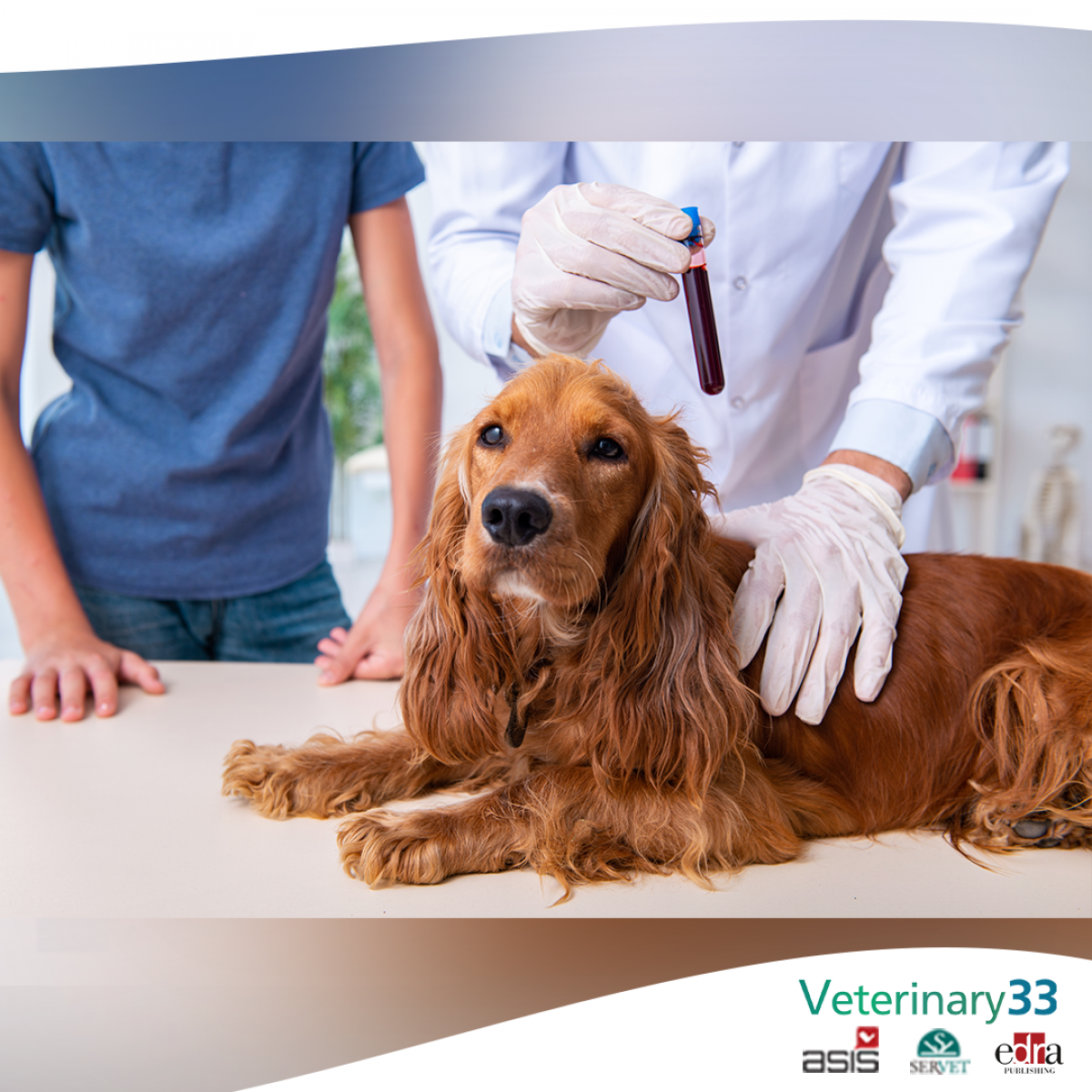Next-generation DNA sequencing will help detect bovine diseases earlier
The research project that develops this technique will focus on the viruses responsible for foot-and-mouth disease and those that belong to the complex of bovine respiratory diseases.
A group of researchers from the Cornell University Animal Health Diagnostic Center and the Texas A&M Veterinary Medical Diagnostic Laboratory is developing a project that aims to mitigate the risks that certain diseases pose to the livestock industry through the development of technology to detect them before they appear or become outbreaks.
The project, which will receive funding of one million dollars from the National Institute of Food and Agriculture of the US Department of Agriculture, will be launched in collaboration with the National Network of Animal Health Laboratories and the Center of Plum Island Animal Diseases.
Against foot-and-mouth disease and respiratory diseases
The aim of the project is to develop new methods for the early detection of transboundary and emerging diseases within the livestock industry using next-generation DNA sequencing. The research will focus on the viruses responsible for foot-and-mouth disease and those belonging to the complex of bovine respiratory diseases: bovine viral diarrhea virus, bovine coronavirus, bovine respiratory syncytial virus, and bovine parainfluenza virus type 3.
During the first two years of this project, the research team will develop and optimize targeted and randomized next-generation sequencing diagnostic workflows for the early detection and characterization of current, transboundary, and emerging pathogens in livestock.
In the next phase, highly specialized bioinformaticians will develop rapid and semi-automated tools for data analysis. The third and last year of the project will consist of instructing the laboratories of the National Network of Animal Health Laboratories in the sequencing procedures and processes that the team will develop.
High-throughput DNA sequencing
Next-generation sequencing encompasses the use of modern high-throughput DNA sequencing methods. These methods allow faster and more cost-effective detection of DNA and RNA in biological samples and the characterization of pathogens.
Currently, real-time polymerase chain reaction (rtPCR) assays are used more widely in diagnostic laboratories for the rapid detection of pathogens. These assays are useful but are based on existing genomic information and may not detect emerging pathogens or variants of known pathogens.
Furthermore, rtPCR assays do not provide the specific genomic information necessary to trace the source of disease outbreaks and differentiate strains, critical information necessary to develop corrective epidemiological actions.
The widespread application of next-generation sequencing technology in diagnostic laboratories has not become widespread due to the lack of standardized protocols and procedures and the need for highly specialized methods to analyze biological data and the scarcity of preparation in this type of sequencing. for diagnostic purposes.














List
Add
Please enter a comment